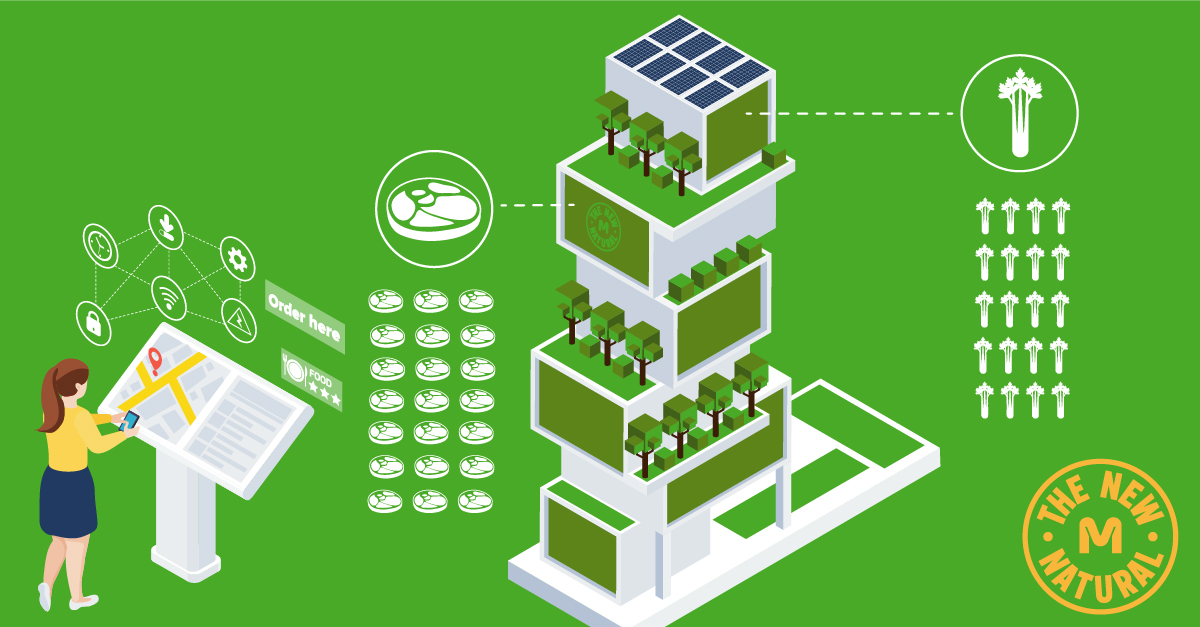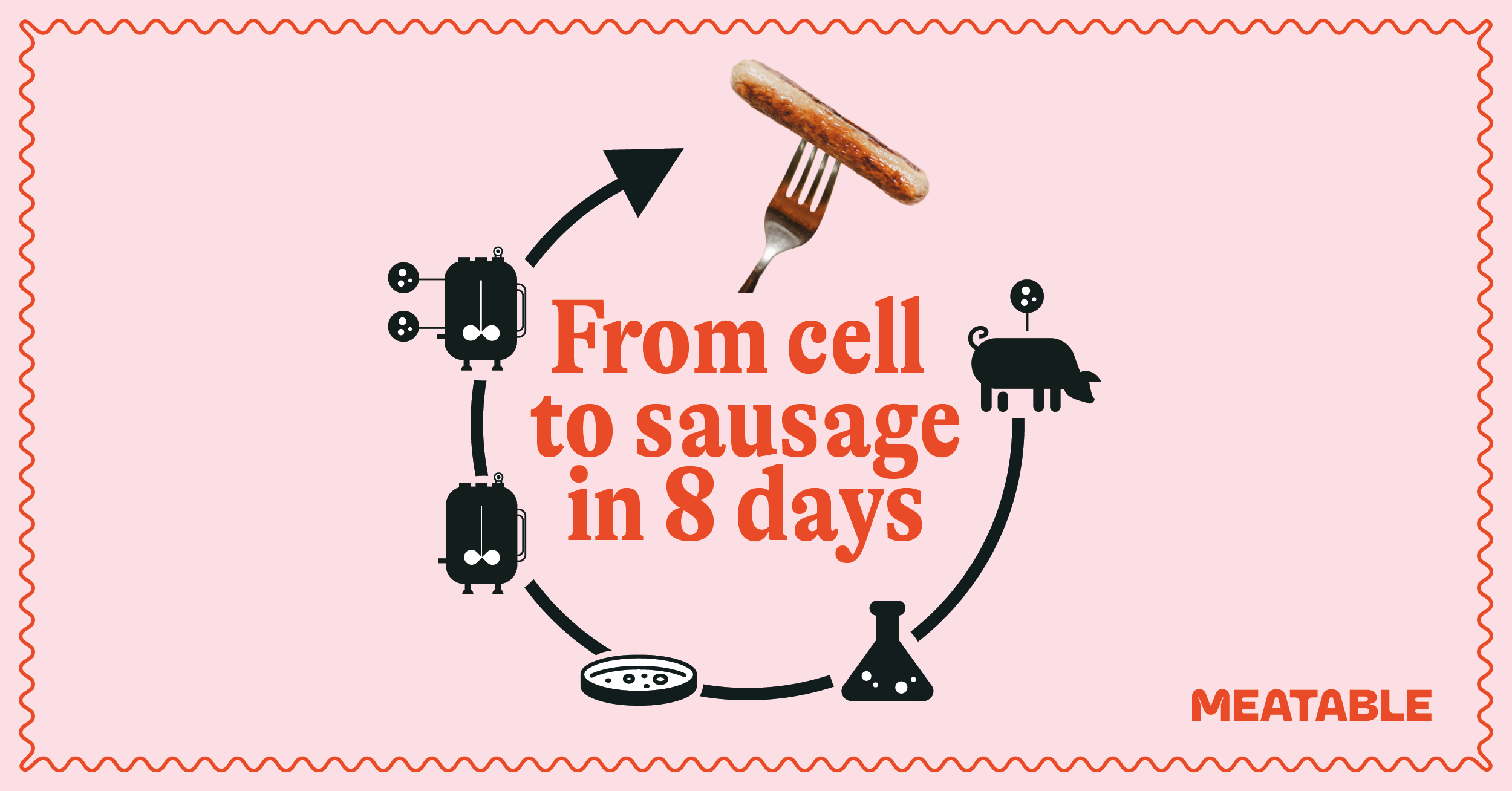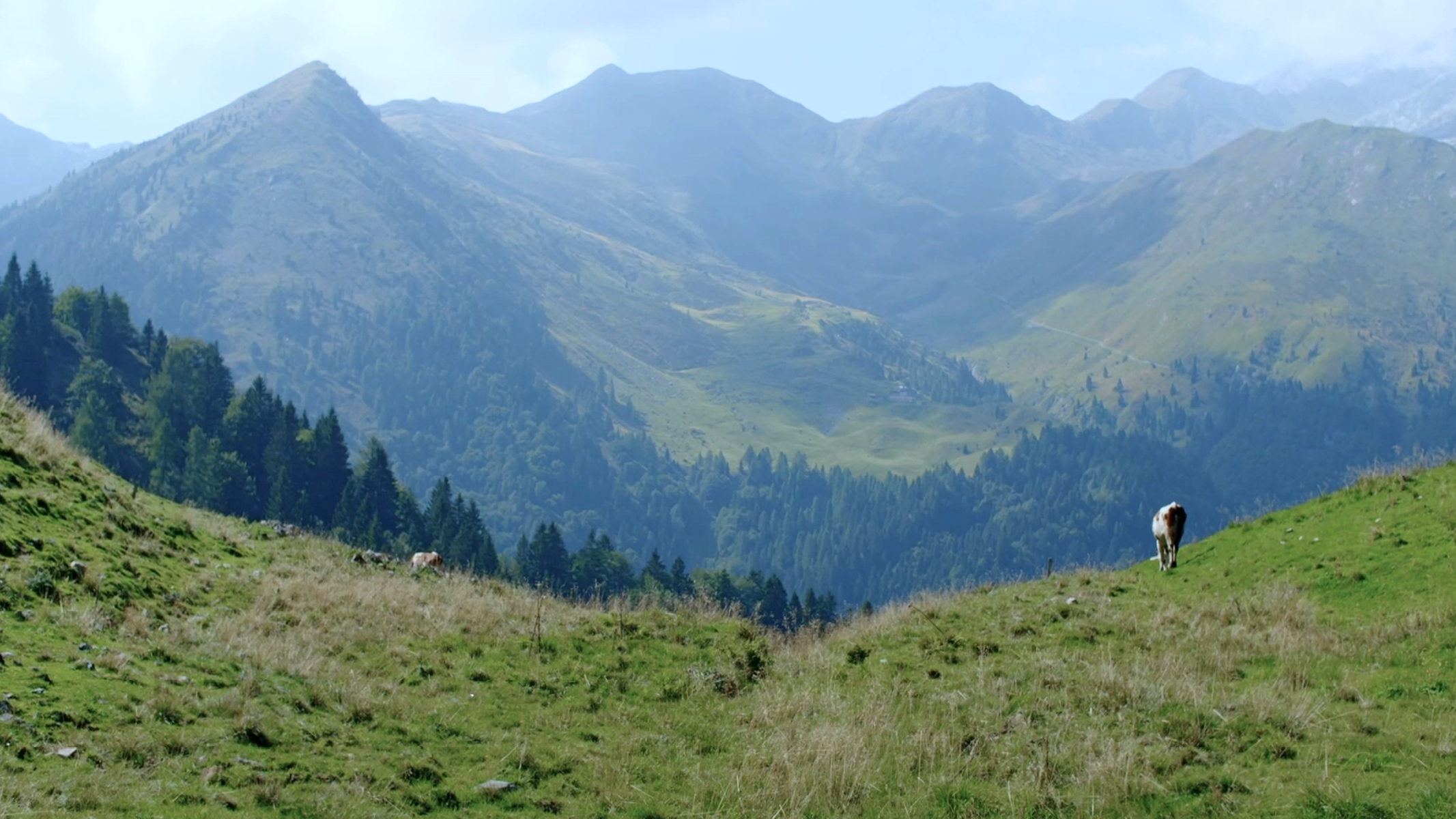Daan Luining, 14th May 2021
Reconnecting With What’s Natural in an Increasingly Synthetic World
When I first began working in the cultivated meat space, my mom asked me if I was having trouble finding a “real” job because what I was doing sounded pretty wild. But if you asked her today if she still thinks my job is science fiction, I can guarantee you that she’d say no.
To be fair, all those years ago, the cultivated meat idea was a little bit science fiction. And I don’t mean in the unrealistic holographic image and time portal sense. I mean in the sense that it seemed nearly impossible to bring to fruition. People had tried to grow burgers and other types of meat before, but they were met with incredible hurdles, including exorbitant amounts of material (and therefore, astronomical financial costs) required just to produce a quarter of a burger.
But when I met Dr. Mark Kotter, 5 years ago, I believed — and still believe — he has the key to producing high quality cultivated meat at scale and at affordable prices. Mark didn’t develop his technology to create food. He aimed to create a pure, reliable source of any type of stem cell a researcher could need to study treatments for human disease, from brain cancer to diabetes.
But I saw that his technology could be used in other ways, including in the cultivated meat industry. And I believed it could be the breakthrough that the cultivated meat industry needed.
But what made me passionate about cultivated meat in the first place? Why would anyone try so hard to make it work? It all comes down to humankind’s natural tendency to change our environment to make life better.
Change is natural – and necessary
Changing our environment to better ourselves is the most natural thing we do. We do it without thinking. It’s how we continue to adapt and evolve. It’s how we ensure not only our survival, but a higher quality to the years that we have.
The farming industry underwent a massive evolution in the early 1900s, starting with poultry. With our booming population, made possible by groundbreaking developments such as antibiotics and plumbing systems (and I bet the idea of having the toilet inside the house was pretty wild at first), we found that standard farming practices couldn’t keep up. A little over 200 years ago, there were 1 billion people in the world. That number has exploded to nearly 8 billion people today. We had to revolutionize farming to feed a population growing at such a fast rate — backyard farmers simply couldn’t keep up with demand.
Advances in technology enabled us to develop massive farms – not just for animals, but for fruits and vegetables, too. We could produce enough food to feed millions of people, and thanks to advances in transportation, people could have their favorite foods at any time of year.
But as we now know, this approach is no longer sustainable. The land and water use necessary to support industrial agriculture contributes at least 10% of the greenhouse gases released into the atmosphere each year by humans. Animals are crowded into small pens where they are pumped with antibiotics to make them fat and fed food that they would never eat in the wild. Such close quarters facilitated the spread of disease that at best lead to meat shortages and at worst contribute to crises similar to the current COVID-19 pandemic. And people of all economic and cultural backgrounds are increasingly demanding high-quality, humanely-produced meat.

Redefining eating locally
This isn’t doomsday, however. All we need to do is do what we do best — change our environment to better ourselves.
What truly amazes me is that human ingenuity has led to the point where we have so much knowledge and understanding that we can use that understanding to do good. Not only can we change our environment to better ourselves, but we can improve everything: we can create better food security, better health care, curb antibiotic resistance, and do a lot of good in the world by not slaughtering 60 billions animals a year. The future can be bright if we do the right things right now. We should do this, not just because it’s better for humanity, but simply because it’s the right thing to do.
And this is where cultivated meat comes in. Consider how we do it at Meatable: to grow the cells needed to make meat, we take a tiny bit of cells from an animal that is healthy, treated humanely, and permitted to go on living a long and healthy life once it’s donated some of its cells. Because the lab environment where we currently grow the cells into fat and muscle is controlled and kept clean, there is no risk for contamination from pathogens, and therefore no need for antibiotics. The cells are not derived from animals stressed from living in cramped conditions. The risk of disease is effectively eliminated. This won’t change once we start scaling up the process and move it into a factory.
And it doesn’t end with meat. We can completely transform the industrial agriculture industry. As more and more big companies transition to a working-from-home policy in the wake of COVID-19, there are hundreds if not thousands of empty office buildings populating urban spaces around the world. Instead of letting these buildings go to waste, we can leverage them to completely transform the way we grow and “shop” for food.
Imagine: instead of cultivating food and transporting it thousands of miles to its final destination, just use the empty office space to make a food-producing monolith. Each level can be something different: cultivated meat on one level, vertical farming on another, and so forth. The ground level can be the grocery store where people go to buy the food. Instead of traveling thousands of miles, our food can take a simple elevator trip. It’ll be hard to make the food we buy much fresher – or greener. Just think of the reduced land use and slashes to carbon emissions resulting from eliminating food transport. Such a scenario would bring “eat local” to a whole new level.
Perhaps my mom was right all the years ago. Perhaps I was crazy – crazy about making the world a better place. I believe with every fiber of my being that humankind is on the precipice of using our accumulated knowledge to improve the way we live and eat in ways that are better than we can even imagine.
It won’t be an easy road – but it’ll be far worth it.


